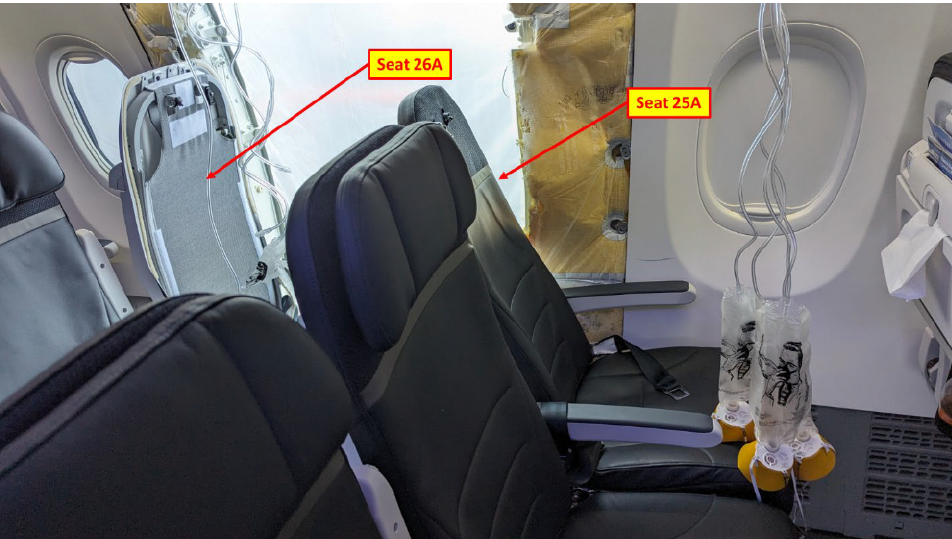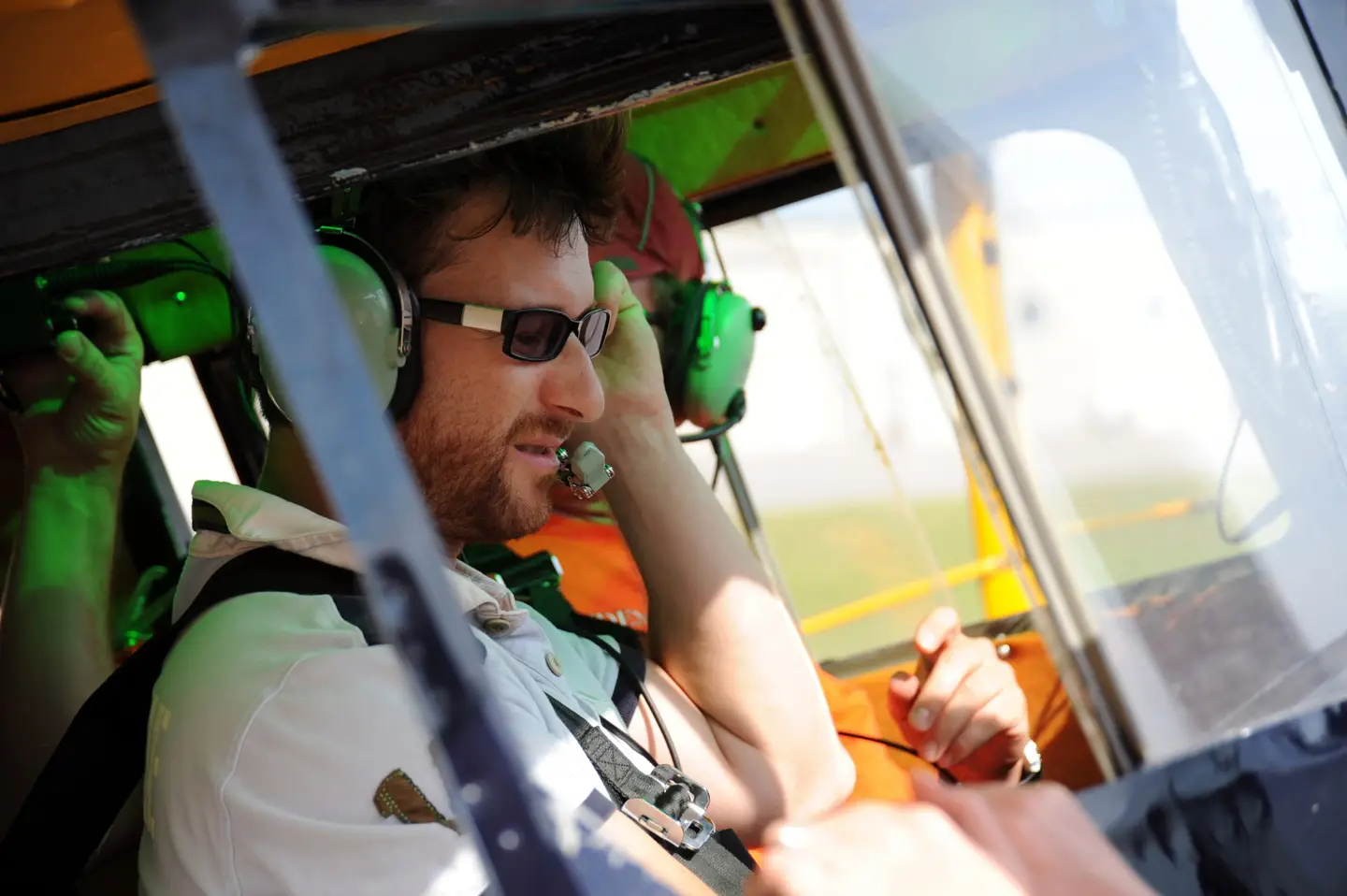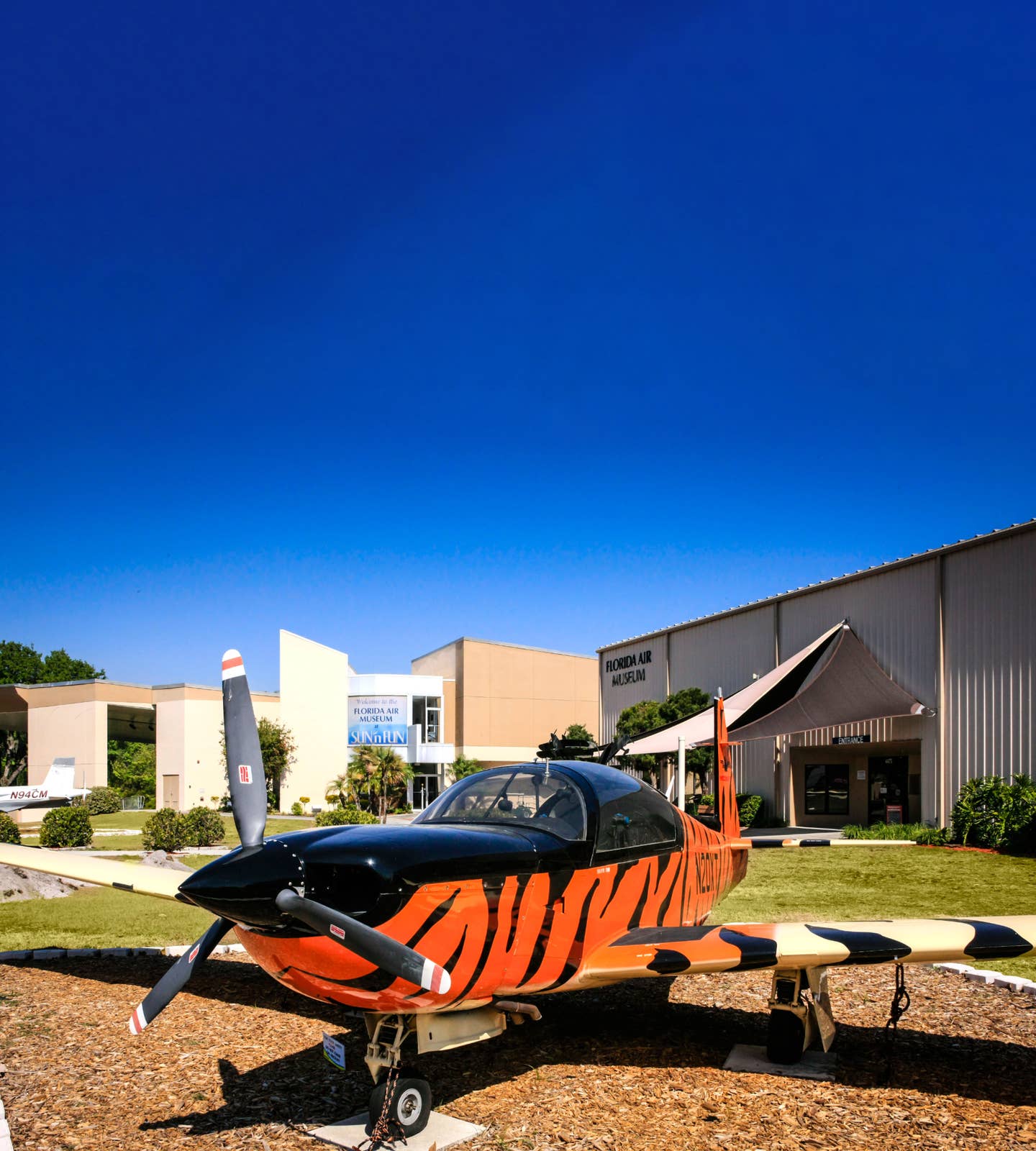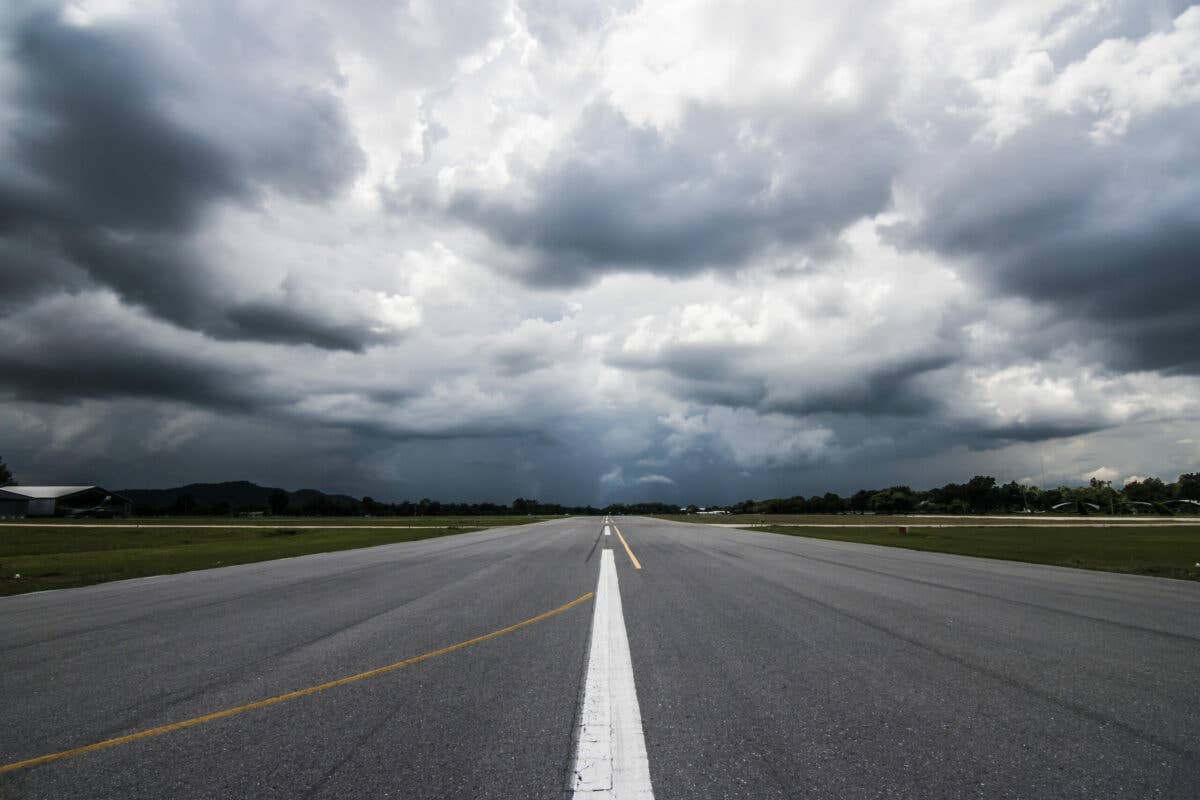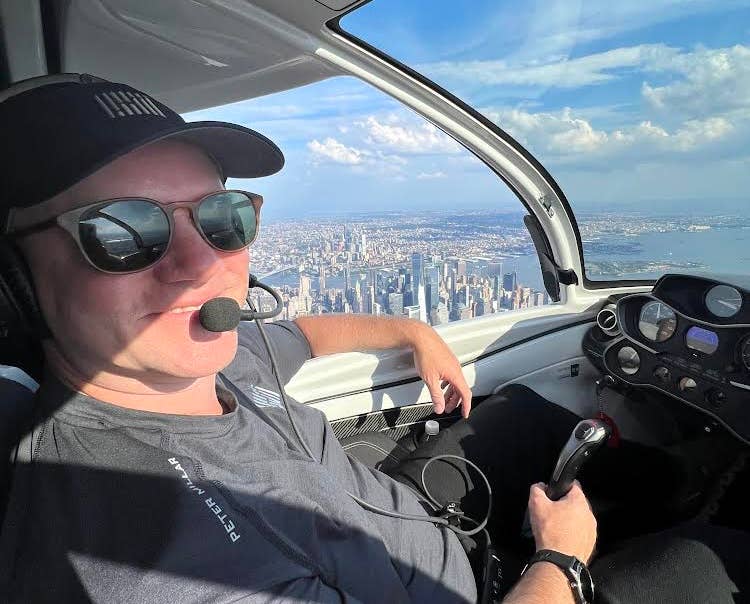Going Direct: When We Don’t Speak Up
What do you do when you know of a pilot who’s a danger to themselves and others?
Are you an aviation enthusiast or pilot? Sign up for our newsletter, full of tips, reviews and more!
What is your responsibility when you're flying with a friend or business associate and you see something that either looks flat out wrong or maybe that just don't feel comfortable with? Most pilots would say, "I'd say something." But my experience is that, often we don't actually do that. I know this because I've been that person who didn't speak up and felt terrible about it later (though, thank goodness, nothing ever happened), and I've been that person who did speak up and who suffered because of it. There's risk to speaking up, and it would be disingenuous for me to suggest that I haven't done some kind of risk-benefit analysis before speaking up on many occasions. How bad is the situation, that is, how much danger is the flight in---including your own kiester---and how easy or hard would it be to recover if things started to go south? If the answers are, it's not all that risky and recovery would be easy, well, it's possible that it would be easier to just let it go and, who knows, maybe bring it up later when the PIC might be more open to a discussion of the flight.
As an air-to-air photographer, I've done a lot of shoots over the years, not even close to as many as some of my good friends have done, but in the hundreds. And occasionally I find myself in a situation where the pilot of the subject airplane (the one I'm trying to photograph) isn't doing a good job, though it's been years since this has happened, thank goodness. In this closely controlled situation, it's easy. I'm running the show, and I can make the call. Of course, the two pilots are both PIC of their planes and the photo ship is the lead plane, so they can make the call too. In fact, the rule is, if anybody sees anything unsafe, say it out loud. I can and have scrubbed the whole session.
But when you're not in charge or when there's not an established culture of controlled safety, it's a harder conversation. When I was just getting started as an aviation journalist, I flew on several occasions with pilots who flew recklessly, not in spite of me being the cockpit with them but b because I was there. The goal, ostensibly, was to impress me with their flying. The actual result was to terrify me. The thought has crossed my mind that terrifying me was the real goal, whether they could admit it to themselves or not. I've been in a plane on two occasions when I told the pilot I wasn't comfortable with what we were doing and asked to fly straight and level and head back home!and they declined and kept up the antics, which included a lot of high-speed, low-level maneuvering in planes not designed for it and with an unwilling audience of one, me.
I'd like to say that I never flew with any of those pilots again, but I did. I kind of had to, unless I wanted to quit my job, because flying with them was part of the deal. And I knew our management---bear in mind this was many moons ago--cared only about the bottom line, which was getting the shoot, or flight or gear test, done. And I needed the job.
But when it's someone you aren't actually flying with who seems from a distance to be flying recklessly, what do you do? Do you talk to that person, even knowing that the reckless personality type is often antagonistic toward correction, or do you talk to someone from the airport or the FAA? I'd be loath to do either, knowing that once you get that ball rolling, it could have serious certificate and/or career ramifications for the pilot, who might only need a splash of cold water, if anything at all. Who's to say our judgment is perfect? If someone happened to see a gifted aerobatics pro do something that looked risky, well, it probably wasn't. That's not to say that it couldn't be, but that, theses people are not only talented pilots but understand the nature of risk at a level lost on the everyday pilot, including me. Still, I've heard too many times about pilots who've lost their lives in their planes, sometimes taking others with them, that nobody at the airport was shocked. They'd seen that guy flying for years and knew the level of risk he was comfortable with.
At the same time, speaking up can save lives. It saved mine. My brother Roger might have saved both of our lives by speaking up a long, long time ago. I was a newly minted Private Pilot working on my commercial ticket and we flew together from LA to Scottsdale as part of my long cross-country requirement. (The details are fuzzy. It was a long time ago). But this one detail is crystal clear. Coming home the forecasted solid overcast proved much lower than anticipated, and while trying to wander home via a desert highway in low-VFR conditions, I began following a branch of that highway that led into mountainous terrain that the Arrow I was flying would not have been able to outclimb. Roger spoke up. This is the wrong road, he said, sounding like he probably knew what he was talking about. All I knew was that I didn't know for sure. I made a 180 while the turning was good, quickly found the right road and made it home in one piece.
Sometimes, you just have to speak up, or you won't have the opportunity again.

Subscribe to Our Newsletter
Get the latest Plane & Pilot Magazine stories delivered directly to your inbox

